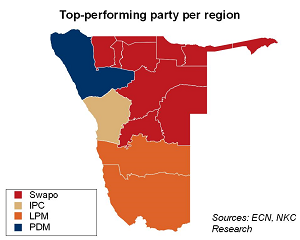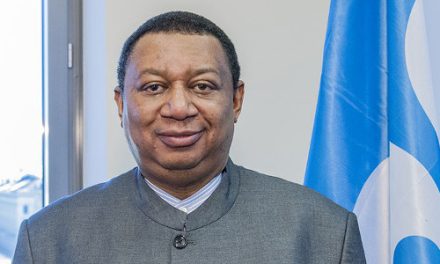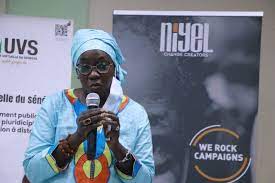
Winds of change usher in fresh political players

By Zaynab Mohamed.
Political Analyst NKC African Economics.
The result of the local and regional council elections held on 25 November reflect a sharp decline in support of the ruling SWAPO party. SWAPO won a mere 56.7% of the total vote, in contrast to its stellar performance in the 2015 local elections in which it received 83.0%.
SWAPO now has full control of only 20 of the 52 municipalities and town councils it held previously (there are 57 in total). Results from these elections are similar to the blow SWAPO was dealt with in the 2019 general elections, in which the party lost its two-thirds majority in Parliament and President Hage Geingob won only 56% of the vote in the presidential race, as opposed to 87% in 2014.
Speaking at the last Cabinet meeting for the year on 1 December, Geingob said that his party has accepted the results and ‘people’s voice are being heard’. Biggest blow to the ruling party was its loss of Windhoek. The capital city’s new mayor will be the 33 year old Job Amupanda, a well known radical activist of the Affirmative Repositioning (AR) movement. The movement uses social media to mobilise residents to apply for small residential land titles and has actively fought police over the eviction of residents from illegally build shacks.
It is also challenging the constitutionality of the Squatters Proclamation of 1985, arguing that it is an extension of apartheid machinery. Amupanda made a name for himself in 2014 when, while he was leader of the SWAPO Party Youth League (SPYL), he occupied land in the affluent Kleine Kuppe suburb in Windhoek. He and 30 other AR members resigned from SWAPO in August that year. At his swearing in ceremony, Amupanda emphasised that all members of the Windhoek council will work together to change, and he committed to working out a strategy to speed up the servicing of residential plots and introducing a housing fund for the municipality.
Other key urban economic hubs where SWAPO lost control are Swakopmund, Walvis Bay, Oranjemund and Ludertiz. The second-best-performing party was the Independent Patriots for Change (IPC), winning 17.5% of the total vote. The party was founded in August this year by Panduleni Itula, a former SWAPO member and Geingob’s biggest challenger in 2019. He stood as an independent candidate in the presidential election and managed to win 28.7% of the vote.
Coming in third was the populist Landless People’s Movement (LPM), which advocates for equitable and land redistribution. The party was founded in 2017 by former Deputy Minister of Lands and Resettlement Bernadus Swartbooi, whom Geingob forced to resign.
In 2019 when it was competing for the first time, the party won four seats in Parliament. Swartbooi told local newspaper The Namibian that his party will ‘focus on key areas such as housing and employment creation to free (citizens) from the shackles of poverty’. The liberal Popular Democratic Movement (PDM), previously the Democratic Turnhalle Alliance (DTA), won the majority of votes in the northern Kunene region.
The only constituency where the vote count has not been finalised is Mariental, a rural constituency where the Electoral Commission of Namibian (ECN) picked up an irregularity in the process. However, the numbers from this constituency will not dramatically alter the overall results
SWAPO’s days of undisputed dominance, which it has enjoyed since independence in 1990, are over. Citizens are frustrated at the lack of development they see and are seeking a change in leadership that promises an improvement in living standards. The loss of support will put the party under pressure to deliver.
SWAPO faces strong resistance from the youth, who have less attachment to the party’s liberation history. Recent governance mishaps as well as the exposure of corruption, such as the Fishrot scandal, have created fertile ground for populist movements to gain support. On a positive not, these victories by oppositions parties indicate that there are strong democratic institutions in Namibian. These elections will surely serve as a wake up call for SWAPO, if the 2019 pools were not enough.












































